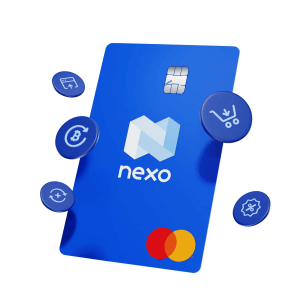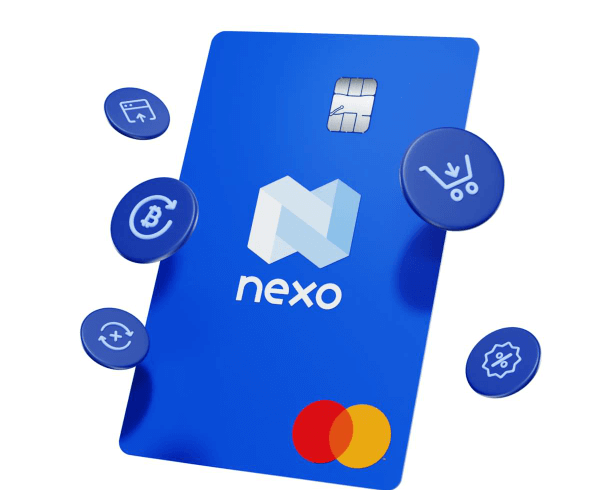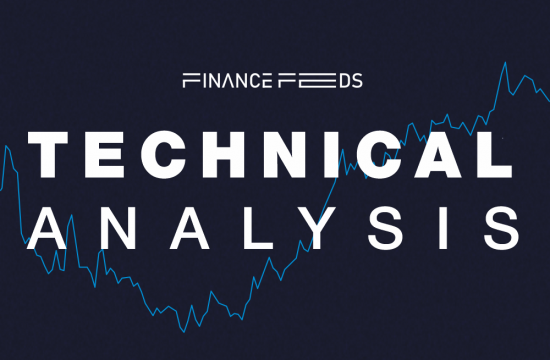“We are not concerned with the labels put on offerings, but on their economic realities. And part of that reality is that crypto assets are not exempt from the federal securities laws.”

Cryptocurrency companies Nexo Inc. and Nexo Capital Inc. have settled with the New York State Attorney General’s Office and the Securities and Exchange Commission over charges of engaging in the unregistered offer and sale of securities and commodities and for lying to investors about their registration status.
The agreement addresses Nexo’s unregistered offer and sale of securities in the form of an interest-bearing virtual currency account called the Earn Interest Product (EIP).
Multistate coalition secures up to $24 million from Nexo
NY Attorney General James and a multistate coalition secured up to $22.5 million due to Nexo’s unregistered offer and sale of the EIP.
Each of the 53 U.S. jurisdictions that are members of the North American Securities Administrators Association will be eligible to claim a settlement of more than $424,000.
Additionally, Attorney General James secured $1.5 million for New York to settle Nexo’s unregistered purchase and sale of securities and commodities through a virtual currency trading platform called the Nexo Exchange.
Nexo will also be banned from the securities industry in New York for five years and must notify all its U.S. investors, including roughly 3,000 New Yorkers, to withdraw their assets from the platform. New York will receive more than $1.9 million from Nexo as part of today’s agreement.
“Cryptocurrency companies are unreliable and shady, but they are not immune from accountability,” said Attorney General James. “Nexo ignored repeated warnings by my office to register and today they are paying the price for their wrongdoing. The days of crypto companies acting like the rules do not apply to them are ending. I thank my partners in other states and on the federal level for joining me in this effort to hold Nexo accountable for their unacceptable practices.”
SEC fines Nexo $22.5m for sales of unregistered lending product
The U.S. Securities and Exchange Commission today also announced a parallel settlement in which Nexo agreed to pay an additional $22.5 million and cease the offer and sale of variable-rate Earn Interest Product (EIP) accounts in the United States.
Nexo launched EIP in June 2020 to allow U.S. investors to tender their crypto assets to Nexo in exchange for Nexo’s promise to pay interest. The SEC filed a complaint against Nexo because it finds that the EIP is a security and that the offer and sale of the EIP did not qualify for an exemption from SEC registration. Therefore, Nexo was required to register its offer and sale of the EIP, which it failed to do.
The SEC noted that Nexo voluntarily ceased offering the EIP to new U.S. investors and ceased paying interest on new funds added to existing EIP accounts of U.S. investors in February 2022 after charges involving a similar crypto investment product. Nexo then proceed to phase out the whole product in late 2022.
SEC Chair Gary Gensler, commented: “We charged Nexo with failing to register its retail crypto lending product before offering it to the public, bypassing essential disclosure requirements designed to protect investors. Compliance with our time-tested public policies isn’t a choice. Where crypto companies do not comply, we will continue to follow the facts and the law to hold them accountable. In this case, among other actions, Nexo is ceasing its unregistered lending product as to all U.S. investors.”
Gurbir S. Grewal, Director of the SEC’s Division of Enforcement, said: “We are not concerned with the labels put on offerings, but on their economic realities. And part of that reality is that crypto assets are not exempt from the federal securities laws. If you’re offering or selling products that constitute securities under well-established laws and legal precedent, then no matter what you call those products, you’re subject to those laws and we expect compliance.”












